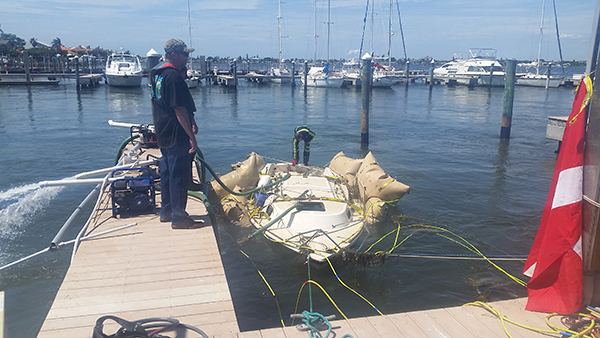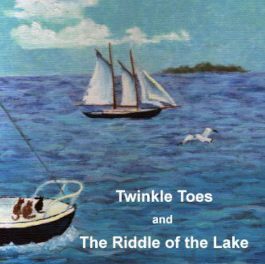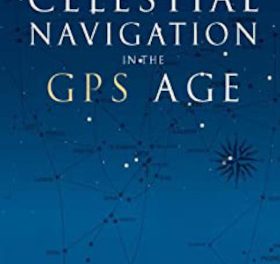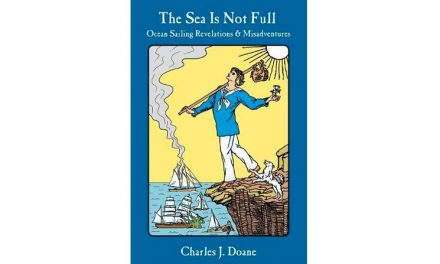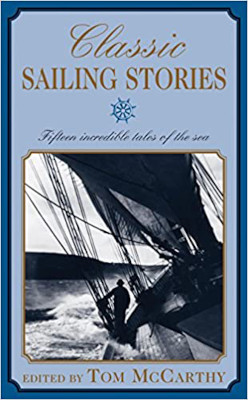
Was Shakespeare a sailor? Editor Tom McCarty has put together a collection of 15 classic sailing stories written by such famous authors as Aaron Smith, Joseph Conrad, Erskine Childers, Joshua Slocum, James F. Cooper, Herman Melville, Richard H. Dana, Jerome K. Jerome, Edgar Allan Poe, Richard Hakluyt, Robert L. Stevenson, and Owen Chase. These are short stories, ranging in length from six pages by William Shakespeare to 61 pages by Ernest Shackleton, written between 1567 and 1919. I began with the brief introduction to gain an insight into Tom McCarthy’s intention of organizing this mixture of fact and fictional stories. His concept had me excited within a few paragraphs. But I soon realized the significance of the word “classic” in the title.
The first story, written by Shakespeare, was a struggle. After enduring an endless Shakespearean dissection by a humanities professor many years ago, I promised myself I would never read Shakespeare again. Even this short six-page story left me searching for its true meaning. I felt like a teenager plucked out of a large city gang and dropped into a mansion in the Hamptons to learn Chinese!
Much of the first half of this book left me feeling this way. Since many of the stories are centuries old, I spent too much time trying to understand the content or translating it into modern English. The second half was much better. I enjoyed Herman Melville’s stories, ” Rounding Cape Horn” and “The White Whale,” as he shared personal feelings. I was uninspired by Richard H. Dana and Edgar Allan Poe.
With all the possibilities and variety of reading available in the modern world, I like to leave the classics to the teachers and students. I suspect ordinary salts who enjoy day, weekend, or full-time cruising prefer books that capture their attention within the first 20 pages. I, for one, wish to be filled with emotion.
Whether I’m angry, laughing, or crying doesn’t matter as long as I’m captured . . . unless, of course, I’m straddling my boat’s diesel, searching for the dropped half-inch wrench, with a first mate holding the flashlight . . . then I desire an emotionless how-to manual.
Classic Sailing Stories: 15 Incredible Tales of the Sea Edited bY Tom McCarthy (Globe Pequot, 2003; 336 pages)

